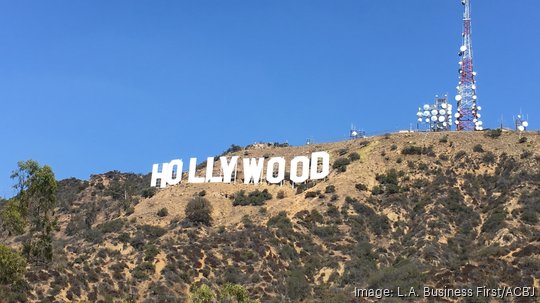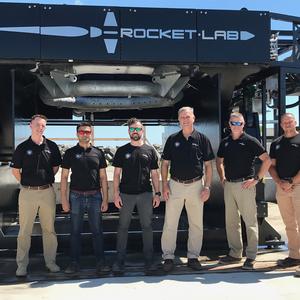
With the rise of generative AI tools like OpenAI's massively popular ChatGPT, it's clear artificial intelligence has the potential to infiltrate almost every aspect of modern society.
While its powerful algorithms and adaptability can be a useful tool to many industries, it’s a double-edged sword that’s threatening to cut humans out of the equation altogether in several realms, including writing.
That threat has come into sharp focus recently, first with ChatGPT and now through the lens of the writers’ strike, which could last throughout the summer.
ChatGPT is an AI-powered chatbot that can engage in realistic conversations and answer questions, as well as write emails, essays and even HTML code.
While the world was still digesting ChatGPT and its ramifications, the Writers Guild of America (WGA) strike started this month, with AI among the more controversial items at issue.
The two sides – the WGA and the Alliance of Motion Picture and Television Producers (AMPTP) —have both made their positions clear in public statements.
The guild’s goal is to get the producers to agree to their demands, including regulating AI in any projects covered by their agreements. Most of their demands have been rejected.
So both sides are still at an impasse.
How writers want to regulate AI
The writers have a specific section dedicated to artificial intelligence in their negotiations, asking for regulations regarding the use of AI including that:
- AI can’t write or rewrite literary material
- AI can’t be used as source material
- Any material covered by whatever agreement is ultimately settled upon can’t be used to train AI
The producers association has rejected the guild’s proposal. The producers instead offered annual meetings to discuss technology advancements.
The producers’ side
According to a May 4 statement from the producers association, the producers “value the work of creatives.”
They say that “AI raises hard, important creative and legal questions for everyone.”
“For example, writers want to be able to use this technology as part of their creative process, without changing how credits are determined, which is complicated given AI material can't be copyrighted,” their statement reads.
They believe the topic of AI requires “a lot more discussion,” which they’ve “committed to doing,” according to their statement.
AI's long-term threat
For screenwriters, the threat of AI in the short-term is “relatively minor,” said Oliver Mayer, a professor in dramatic writing at USC’s School of Dramatic Arts and the associate dean of faculty & strategic initiatives. He’s also the director of the MFA Dramatic Writing Program.
“So far, AI has proven to be highly flawed,” he told L.A. Inno.
“The evidence I've seen is that the technology has not advanced to the point where producers can use it to replace human writers with the necessary human touch,” he said.
However, he has concerns about AI in the long term, he said.
“I am positive that it will get more sophisticated,” he said. “I think that we should worry about possible AI plagiarism. By that, I mean that technology will access a motherlode of extant teleplays and screenplays and will cannibalize them for writing and actions that sound and feel human.”
“Our very human foibles are the details that make us human and not bots,” he added. “And for that reason, make other humans want to watch the stories we tell, particularly if they're any good.”
As a writer and professor who’s been writing plays for more than three decades, he said he would not be comfortable using AI “under any circumstances.”
“At least, not until I'm convinced that AI is not taking a job that would otherwise go to a living, breathing, person,” he added.
But, he acknowledged, he can envision a day when AI will be a part of all of his students' lives, including every aspect of the writing process — at home and at the studio.
AI could make writers 'bionic'
Some tech enthusiasts are encouraged by the impact AI could have on the industry, potentially making writers more efficient.
According to well-known entrepreneur and angel investor Jason Calacanis, “AI isn’t going to replace Hollywood writers immediately, but it has already made them bionic,” he recently tweeted.
In regards to late-night comedy writers specifically, Calacanis suggested that if someone were to combine the news with every late night joke ever told into an AI language model, it would generate “inspiration today and zingers next year.”
Writers would be ten-times more productive, he added.



